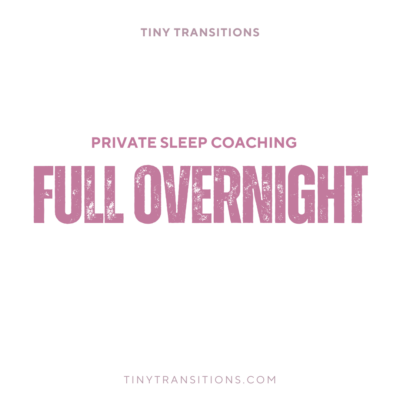Magnesium and autism seem to be all the hype lately. Why? Let’s dig in a little bit deeper into why magnesium is so important and what type is best for children on the spectrum. Remember, not all magnesium is created equal, and some forms will do more harm than good if you don’t educate yourself about the different forms and what they are intended to treat.
Magnesium is a mineral that is critical for our bodies. It’s essential to keep our bones strong, regulate blood pressure, and to keep our heart rhythm steady. It is also key to regulating levels of calcium, copper, zinc, potassium, and other important nutrients in our body. When it comes to sleep, it promotes better sleep and reduces cortisol, increasing melatonin, and helping to regulate neurotransmitters for the central nervous system. It also helps keep children more regular, avoiding constipation.
In a study from the National Institute of Health, 18 different research groups have shown that vitamin B6 and Mg are beneficial to about half of autistic individuals, with no significant adverse effects.
Is all Magnesium the Same? No.
Many practitioners just tell parents to give their kids magnesium; any type will suffice., which I disagree with. Different magnesium will do different things, and not every form is appropriate for every child. You need to first have a sound understanding of what’s going on in your child’s body before figuring out which types of magnesium will have the most effect.
What are the different forms of magnesium, and what do they do?
- Chloride– detoxing, metabolism, and kidney function.
- Citrate– laxative but absolutely not recommended for many ASD children as it’s corn-based, and so many of our kiddos are sensitive to corn, a top allergen. This type can also cause iron dysregulation and health issues.
- Glycinate– relaxing, good absorption rate, and nerve pain. Be careful, though, if you have gut issues and troubles with oxalates. This type can affect the PST pathways and cause vitamin B depletion, which lowers serotonin.
- Malate– energizing, good for muscle pain and fibromyalgia
- Oxide– for digestive problems and heartburn, best in small doses during the day.
- Sulfate– good for constipation. Best in a bath and small oral doses.
- Taurate and orotate– cardiovascular health, good for the heart.
- Threonate– good for brain injuries, PTSD, depression, anxiety, and other types of neuro conditions.
Furthermore, you hear a lot about giving children magnesium sulfate baths for detoxification and calming effects, but beware because for some kids who have sulfur and PST pathway issues, this will do the exact opposite.
If you give your child a magnesium bath and they are hyper after, use magnesium flakes (chloride) instead.
Lastly, try magnesium chloride in its transdermal and ionic forms. It’s best tolerated and will increase blood levels the fastest.
I always prefer getting magnesium naturally through foods before supplementing. Consuming foods such as nuts, legumes, seeds, fatty fish (never bottom feeders), and leafy greens is ideal, BUT I am also aware a lot of our kiddos tend to be extremely picky eaters. If your child has a very limited diet, you might have to look at supplementing in a transdermal form, as mentioned above, or in vitamin form.
As for the levels and cleanest brands I use the most, the correct dosage, and what other vitamins to take with it to maximize absorption, book a free call to discuss more with your little one here – Raline Sexton, Certified Special Needs Sleep Coach at Tiny Transitions.
Educate yourself; you are, and will always be, your child’s biggest advocate.
The content provided on this blog is for informational and educational purposes only. It is intended to offer insights and information related to sleep health and wellness. However, it is important to note that this content should not be considered as a substitute for professional medical advice, diagnosis, or treatment.
Always seek the advice of your physician or other qualified health provider with any questions you may have regarding a medical condition. Never disregard professional medical advice or delay in seeking it because of something you have read on this blog.










